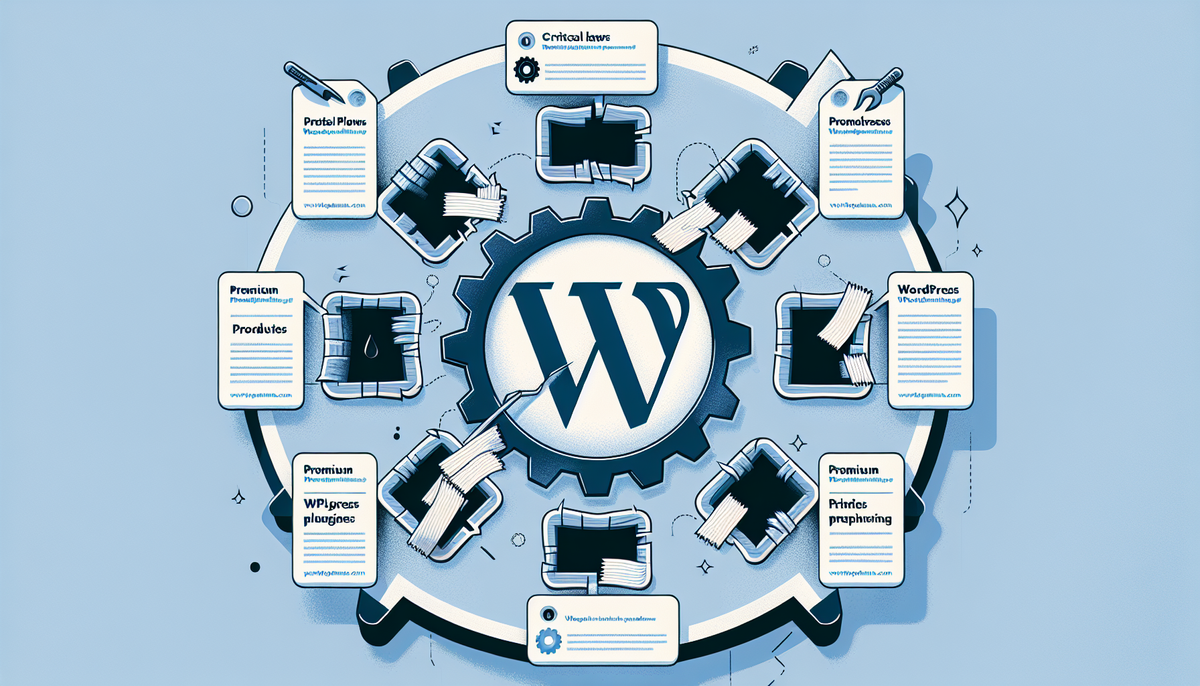Premium WPLMS WordPress plugins address seven critical flaws

Latest News on WordPress Plugin Vulnerabilities in 2024
Key Highlights:
-
WPML Vulnerability:
- A critical vulnerability was discovered in the WPML plugin, which allows Remote Code Execution via Twig Server-Side Template Injection. This impacted all versions of the plugin before 4.6.131.
- The vulnerability was tracked as CVE-2024-6386 and was patched with the release of version 4.6.13 by OnTheGoSystems, the team behind WPML1.
-
Hunk Companion Plugin Breach:
-
Really Simple SSL Vulnerability:
- A critical authentication bypass vulnerability was discovered in the Really Simple SSL plugin, affecting over 4,000,000 websites. This allowed fully remote access to the websites, completely locking out site owners1.
- The vulnerability was patched within 8 days of discovery, with patches released for the Pro plugin on November 12, 2024, and for the Free plugin on November 14, 20241.
-
Other Notable Vulnerabilities:
- The Download Manager plugin for WordPress is vulnerable to arbitrary shortcode execution in all versions up to and including 3.3.03, due to improper validation of values before running
do_shortcode4. - The s2Member plugin for WordPress is vulnerable to Sensitive Information Exposure in all versions up to and including 241114, allowing authenticated attackers to extract sensitive data including user data and database configuration information4.
- The Download Manager plugin for WordPress is vulnerable to arbitrary shortcode execution in all versions up to and including 3.3.03, due to improper validation of values before running
Critical Flaws in WordPress Plugins
The latest news highlights several critical flaws in WordPress plugins, emphasizing the importance of regular updates and security patches. These vulnerabilities underscore the need for continuous monitoring and maintenance of WordPress sites to prevent exploitation by malicious actors.
WordPress Security Updates Necessary
Given the recent vulnerabilities, it is crucial for WordPress site owners to ensure their plugins and themes are updated regularly. Here are some key steps to maintain WordPress security:
- Regular Updates: Keep all plugins, themes, and the WordPress core updated to the latest versions.
- Security Scans: Regularly run security scans to detect potential vulnerabilities.
- Backup Data: Regularly back up your website data to prevent loss in case of a breach.
- Use Strong Passwords: Use strong, unique passwords for all user accounts and consider using a password manager.
- Monitor for Updates: Set up notifications for plugin and theme updates to stay informed about security patches.
By following these steps, site owners can significantly reduce the risk of their WordPress sites being compromised by the latest vulnerabilities13.


